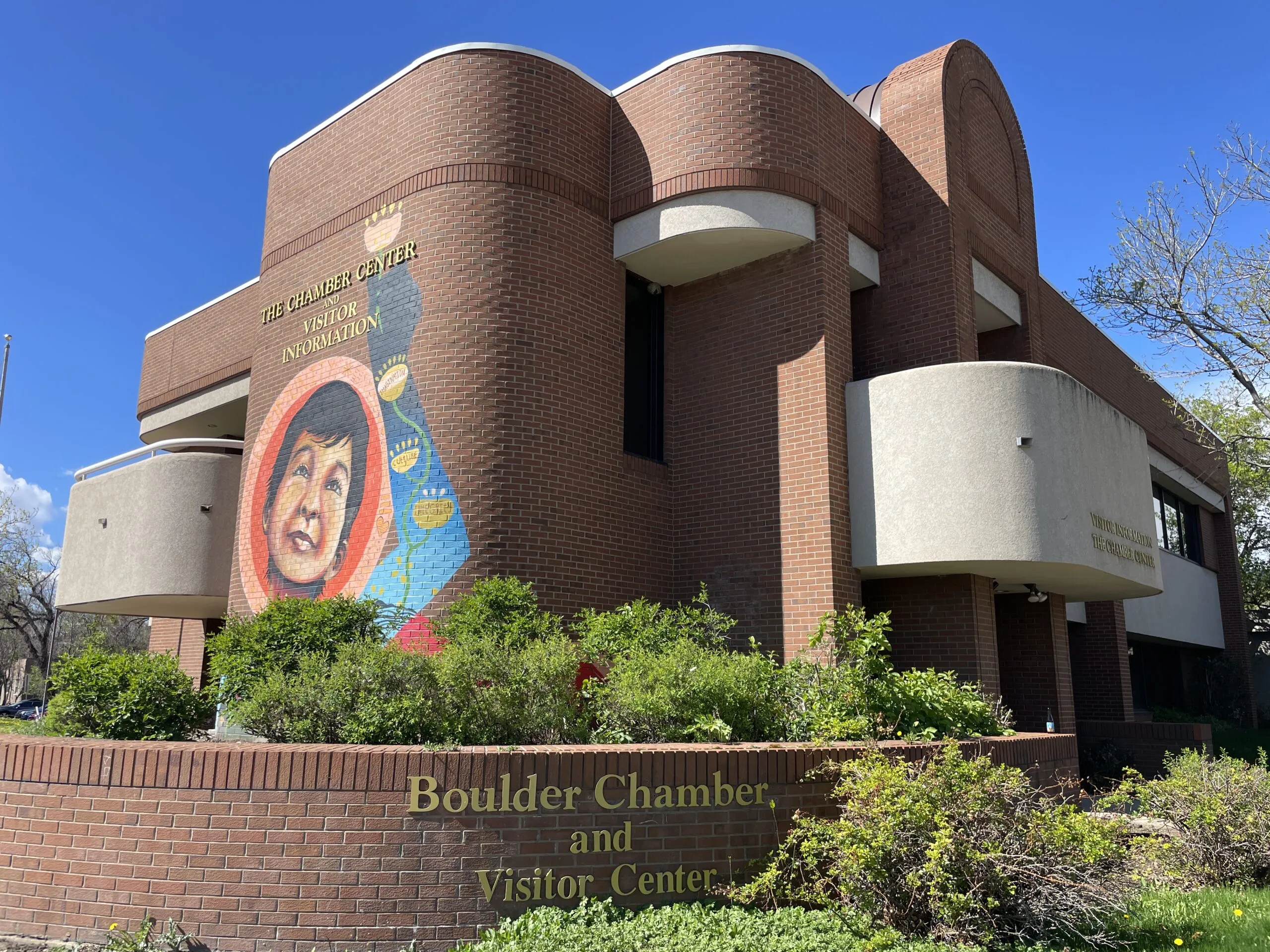Griggs: I’m smart. Should I write a book? It’s not easy
Uncle Dan” started writing in his mid-80s after his wife died. We loved him. I bought a painfully pricey reclining black leather chair for Dan to have the seat of honor during our monthly writers’ meetings at my home. He wrote joke poetry and desperately wanted to publish a book before he turned 90.
Two of my books were traditionally published and later translated into seven languages. The mail carrier delivered quarterly royalty checks for 25 years. I made 10 percent on one and 5 percent on the second (co-authored). Crisp Publications listed them as best sellers as they opened doors throughout the world. I self-published my Magnum opus (Professional Balance) and watched it gobble up rent, car payments and stock certificates. The following three-year effort was a horrible waste of time — the book bombed.
Things to ask:
What is my motivation? Most people write their books to either open doors, much like a consultant’s business card, or for ego to impress family and friends. A few write from a burning desire to get a message out to the world. Which are you?
Do I want to follow traditional publishing, self publishing or a hybrid of the two? Traditional publishers are going out of business. A recent mailing produced almost 80 percent “undeliverable” or “unable to forward” returns. On the other hand, self-publishing can feel like a curse on you, your family and any possible offspring. Hybrid publishing requires you to manage the book like a business project with long-term goals.
With traditional publishers you write, they do the work and you get 10 cents on the dollar. With self-publishing you write, you do the work and you keep 90 cents on the dollar — if there are dollars. Hybrid publishing often means you write, you pay for printing and you get a publisher’s name on your book.
Things to know
In the U.S. alone, 23 books are published every 15 minutes of every single day (600,000 to a million books/year Worldometer/Unesco). The average annual adult expenditure on books is $29. I heard a statistic that the average American completes 0.9 books a year — and yet we write. This suggests writing for a market of existing readers and figuring out how to get to them.
Half of traditionally published authors have agents (15 percent commission) and the others work directly with publishers. Nine out of 10 traditionally published books do not break even. One out of 10 saves the day — no one knows which one it will be. After 18 months marketing efforts fall off a cliff.
Several best sellers were originally self-produced by the authors (Erica Verrillo): Eragon, The Joy of Cooking, Rich Dad-Poor Dad, The Tale of Peter Rabbit, Your Erroneous Zones, What Color is Your Parachute?, The Celestine Prophesy and I would add Walt Whitman’s Leaves of Grass.
If you decide to write a book
Start folders on each chapter that might be included in your book. Add notes, articles, cartoons, thoughts and reminders. Read it several times before writing that chapter.
Spend as much time learning about the industry (printing, fulfillment, wholesalers, distribution) as you spend on actually writing. Design and refine a two-page query letter clarifying why you’re writing and where it might fit in the world of publishing.
Books are a cornerstone of my life’s work on balanced mastery — teaching how to jump-start our humanity and still reach worthy goals. My average time to research, write, edit, re-write and re-write a book used to be three years. It has now stretched to more than four. I cringe until remembering it took Hemingway eight years to complete The Old Man and the Sea — there’s hope.
We met Uncle Dan’s deadline. His collection, Could Be Verse, crowned him as a published author for the final seven years of his life. I still have a box of his books in my basement.
Rick Griggs is a former Intel Corp. training manager and inventor of the rolestorming creativity tool. He runs the 10-month Leadership Mastery Academy. rick.griggs83@gmail.com or 970-690-7327.
Uncle Dan” started writing in his mid-80s after his wife died. We loved him. I bought a painfully pricey reclining black leather chair for Dan to have the seat of honor during our monthly writers’ meetings at my home. He wrote joke poetry and desperately wanted to publish a book before he turned 90.
Two of my books were traditionally published and later translated into seven languages. The mail carrier delivered quarterly royalty checks for 25 years. I made 10 percent on one and 5 percent on the second (co-authored). Crisp Publications listed them as best sellers…

